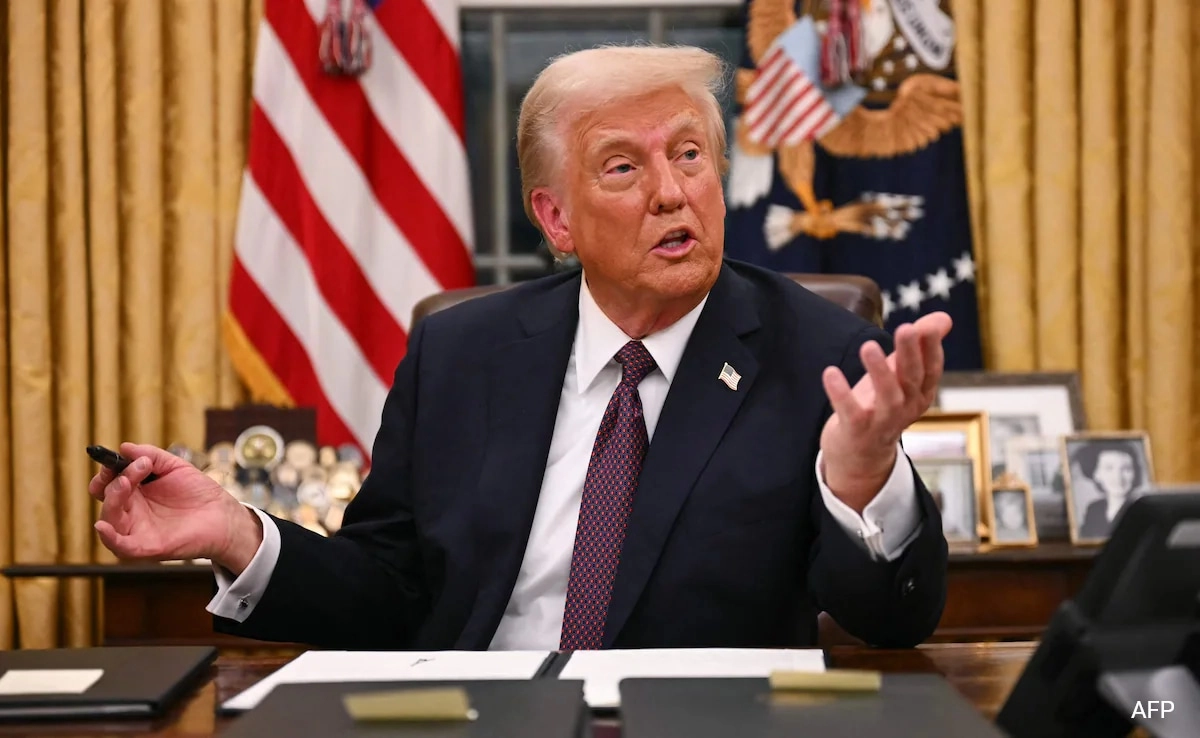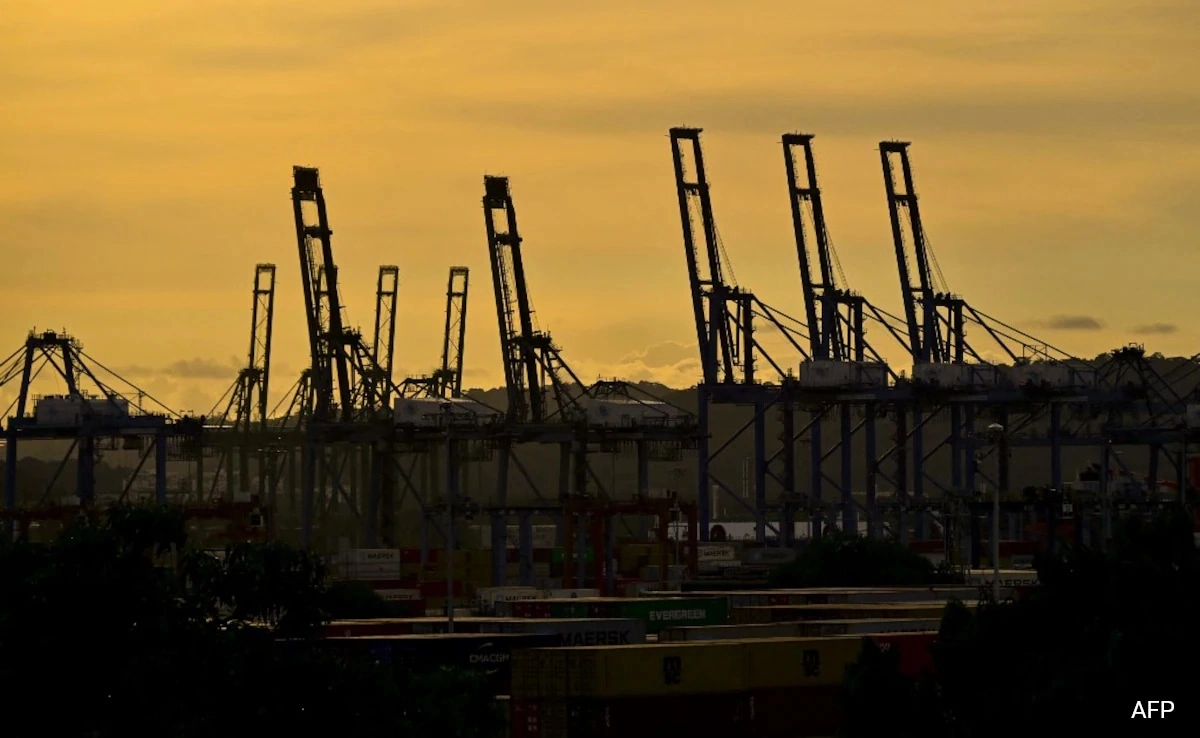Former President Donald Trump has made a bold assertion regarding the future of the stock market, claiming that despite the turmoil caused by tariffs, stocks are poised to “boom.” His comments come in the wake of significant market fluctuations, driven largely by escalating trade tensions and the implementation of tariffs on various goods. Investors have expressed concern over the potential impact of these tariffs on corporate earnings and economic growth, leading to a rollercoaster of market reactions. However, Trump remains optimistic, suggesting that the long-term effects of his administration’s trade policies will ultimately benefit the economy and bolster stock prices.
Trump’s confidence in the stock market’s resilience is rooted in his belief that the tariffs will encourage domestic production and reduce reliance on foreign goods. He argues that by imposing tariffs, the U.S. is protecting its industries and workers, which he believes will lead to job creation and economic expansion. Despite the immediate backlash from investors and the potential for increased prices on consumer goods, Trump asserts that these moves are necessary for the long-term economic health of the nation. He suggests that once the market adjusts to these changes, investors will recognize the value in U.S. companies that stand to benefit from a more favorable domestic environment.
Critics, however, caution that Trump’s optimism may be misplaced. They point to the fact that tariffs can lead to increased costs for consumers and potentially dampen economic growth. The uncertainty surrounding trade relations can also create volatility in the markets, making it difficult for investors to navigate the landscape. While Trump’s administration has touted the benefits of tariffs, many economists warn that the short-term pain could outweigh the long-term gains. As the situation continues to evolve, market participants are left to weigh the implications of these policies on their investment strategies.
In the face of this uncertainty, the question remains: will stocks truly “boom” as Trump predicts? Time will tell, but investors will need to remain vigilant and adaptable as they respond to ongoing developments in trade policy and its repercussions on the economy. The interplay between tariffs, corporate performance, and stock market stability is complex, and while optimism is important, a cautious approach may be warranted as the landscape continues to shift. Ultimately, the future of the stock market may hinge not just on the implementation of tariffs, but also on the broader economic indicators and consumer sentiment that define the health of the U.S. economy.




